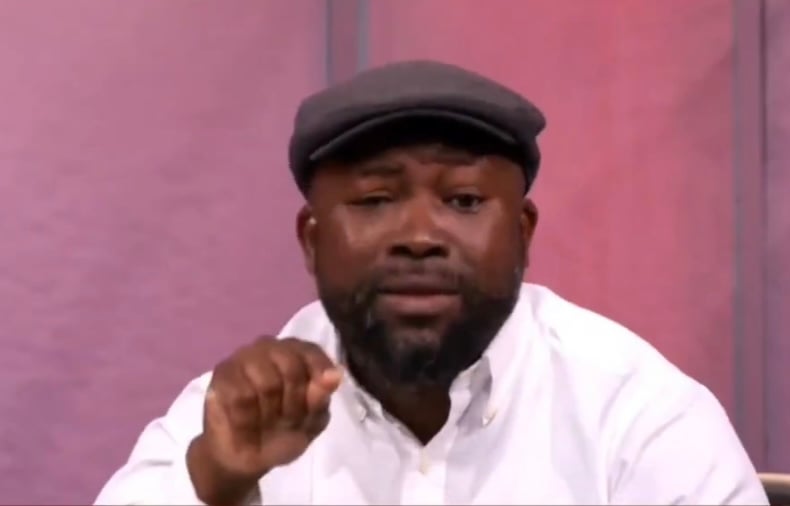Senyo Hosi, an economic policy analyst, has publicly called on President John Dramani Mahama to uphold his campaign promises regarding the fight against illegal mining, commonly known as galamsey, in Ghana. Hosi expressed deep concern over the government’s decision to amend the Environmental Protection (Mining in Forest Reserves) Regulations, 2022 (L.I. 2462) rather than repealing it entirely, a move that contradicts the National Democratic Congress (NDC)’s stance while in opposition. Hosi’s disappointment stems from the perceived shift in the NDC’s position, as they previously championed robust action against illegal mining, including advocating for a state of emergency. He emphasized the importance of consistency and urged President Mahama to act decisively, reminding him of the NDC’s prior pronouncements and the expectation that these promises would translate into concrete action now that the party is in power.
Hosi recounted the prior stance of the NDC when they were in opposition, highlighting their vocal criticism of the then-president, Akufo-Addo, for his handling of the galamsey crisis. He recalled how the NDC joined the chorus demanding stringent measures, including the repeal of the L.I. and the declaration of a state of emergency. This apparent change of course now that the NDC is in power has drawn criticism from Hosi and others who viewed the party’s earlier pronouncements as a genuine commitment to tackling the galamsey menace. This perceived inconsistency raises questions about the NDC’s true intentions and whether their previous calls for action were merely political rhetoric aimed at gaining public support.
The analyst’s remarks underscore the importance of political accountability and the need for leaders to follow through on their promises. He argued that President Mahama’s actions during his current term should reflect the strong stance he took while in opposition. Hosi’s use of the phrase “speak poetry in opposition and act prose when you’re president” aptly captures the perceived discrepancy between the NDC’s earlier impassioned calls for action and their current, more measured approach. This perceived shift raises concerns about the credibility of political promises and the potential for political expediency to override genuine commitment to addressing critical issues.
Central to Hosi’s argument is the conviction that the galamsey issue transcends mere politics; it represents a national emergency with long-term consequences for the environment and future generations. He stressed the urgency of the situation and urged President Mahama to prioritize the fight against galamsey, emphasizing that it’s not about political maneuvering or personal legacies but about safeguarding the nation’s future. This framing elevates the galamsey issue beyond a political football, presenting it as a shared responsibility that demands immediate and decisive action from all stakeholders, irrespective of political affiliations.
The debate over the appropriate response to galamsey highlights the complex interplay between environmental protection, economic development, and political considerations. While the government’s decision to amend rather than repeal the existing regulations might be driven by a desire to balance environmental protection with the economic interests of those involved in mining activities, critics like Hosi argue that this approach risks undermining the fight against illegal mining and perpetuates the environmental damage it causes. This tension between environmental sustainability and economic interests is a common challenge in policy-making, requiring careful consideration of the potential long-term consequences of short-term decisions.
Ultimately, Hosi’s call for action serves as a reminder of the crucial role of civil society in holding leaders accountable and ensuring that political rhetoric translates into tangible results. His public challenge to President Mahama emphasizes the need for transparency and consistency in policy-making, especially when dealing with issues as critical as environmental protection and sustainable development. The ongoing debate surrounding the government’s approach to galamsey will undoubtedly continue to shape public discourse and influence future policy decisions regarding this pressing national concern. It remains to be seen whether President Mahama will heed Hosi’s call for decisive action and fulfill the promises made by his party while in opposition.














